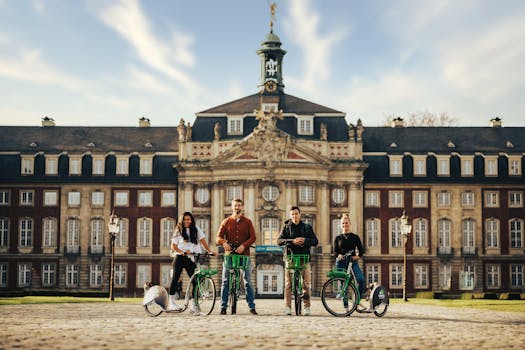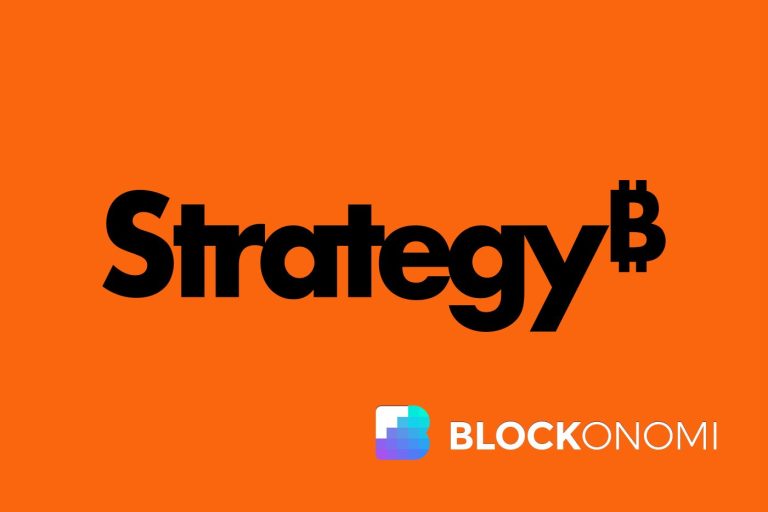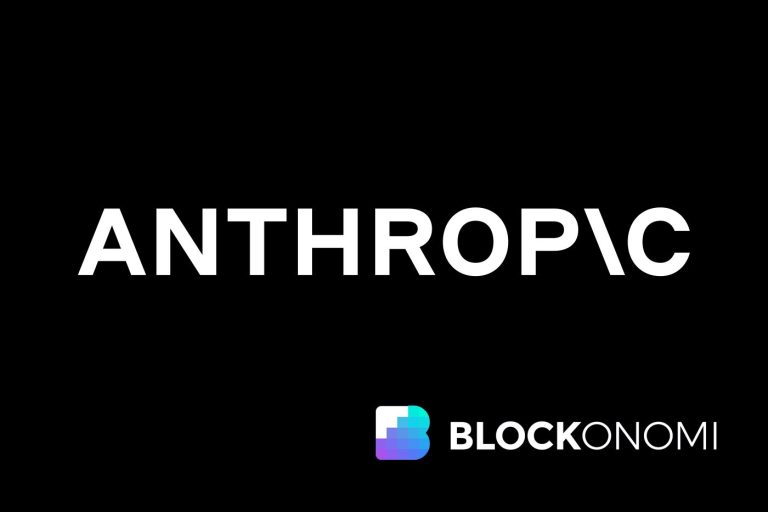
Understanding Work-Life Balance
Work-life balance has become a critical aspect of modern living, particularly in Europe. As we look towards 2025, this balance is being redefined by shifting cultural values and lifestyle choices.
The European Lifestyle Shift
In recent years, Europeans have begun to prioritize a more balanced lifestyle. This shift is characterized by flexible working hours, remote work options, and a greater emphasis on personal well-being, as discussed in Sustainability and Style: How European Lifestyle Will Evolve by 2025.
Impact of Remote Work
The pandemic accelerated the adoption of remote work, enabling employees to better manage their time. As we move into 2025, this trend continues to shape the European workforce, influencing the work culture.
Key Takeaways
- Flexibility in work hours promotes better mental health.
- Remote work is here to stay, influencing work culture.
- Greater emphasis on personal time leads to higher job satisfaction.
Challenges Ahead
Despite the positive changes, challenges such as burnout and the blurring of work-life boundaries remain prevalent. Addressing these issues is essential for sustainable work-life balance.
Conclusion
As we approach 2025, the reimagined work-life balance in Europe reflects a significant cultural shift. Embracing flexibility and prioritizing well-being will define the future of work.







